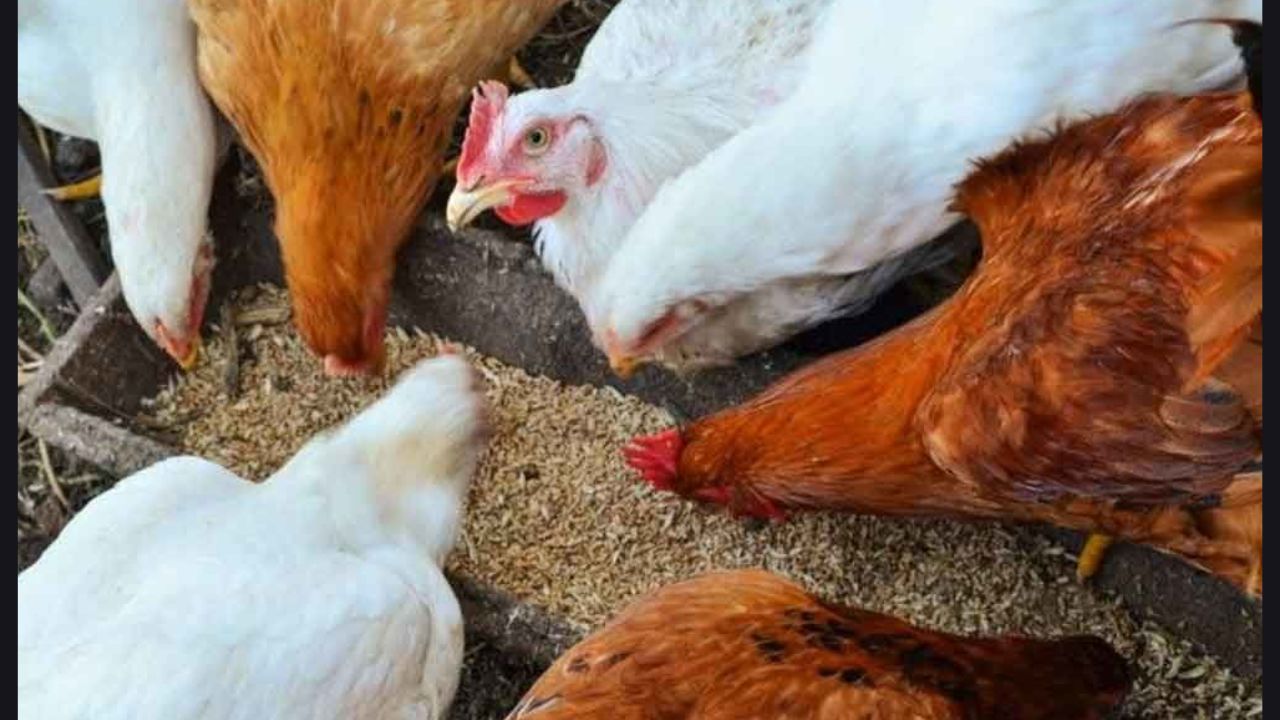Avian Flu Alert: Symptoms, Treatment for Humans
Fears are through the roof as wild birds fall from the sky and chicken farms are locked down.

Avian Flu Alert: People in California are scared because avian influenza, also known as “bird flu,” has become a new threat. This highly contagious virus disease, which mostly affects birds, has caused an unusual outbreak that has caused a lot of damage. Fears are through the roof as wild birds fall from the sky and chicken farms are locked down. If birds are in danger, should people and their pets also be afraid? What is this bird flu really, and what are the possible risks and ways to treat it?
Avian Flu Alert: How did the avian flu spread in California?
Bird flu, which is also called bird influenza, is a lung disease that is usually caused by an infection with a certain type of flu virus. Guinea hens, ducks, geese, and chickens are just a few of the household poultry that often get these flu viruses. There is a small chance that humans will get avian flu, but it has happened, mostly in people who spend a lot of time with chickens or wild birds.
Check Out: 2 Surprising Reasons Skipping Breakfast Isn’t Harmless
Avian Flu Alert: Signs of the avian flu in people
No signs or a weak illness:
- Eye redness (conjunctivitis)
- Mild flu-like upper respiratory symptoms
- Mild to severe symptoms:
- Fever (temperature of 100ºF [37.8ºC] or greater) or feeling feverish
- Cough
- Sore throat
- Runny or stuffy nose
- Muscle or body aches
- Headaches
- Fatigue
- Shortness of breath or difficulty breathing
- Less common symptoms:
- Diarrhea
- Nausea
- Vomiting
- Seizures
How to stop and treat avian flu
As a safety measure, stay away from other family members at home if you think you might have an infection or start showing signs within 10 days of the last time you were around infected birds.
You shouldn’t go to work or school until a flu test shows that you don’t have the avian flu virus and that you are fully healed. It is very important to be responsible and tell your doctor right away about your symptoms and any recent contact with sick or infected birds, especially if the sickness affects your lungs.
You will be told whether you should stay at home or be treated alone with other patients. Depending on the case, you may be given medicine to fight viruses.
Check Out: 5 Expert Tips for a Nutrient-Rich Diet
